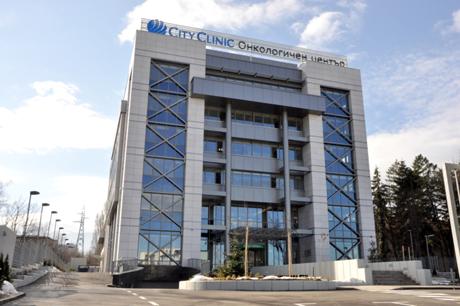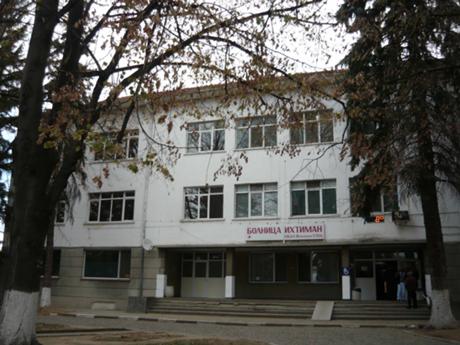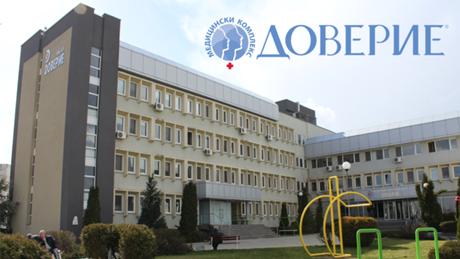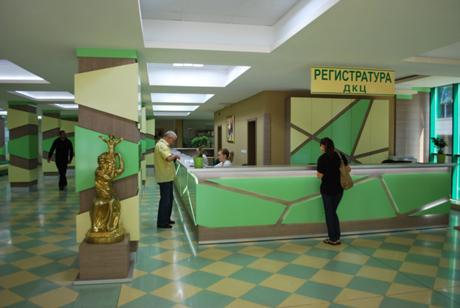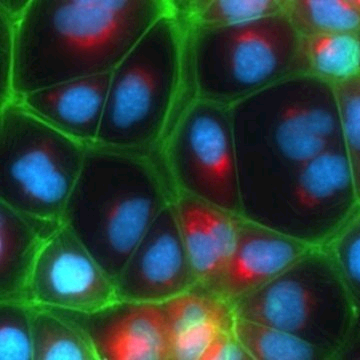
In new analysis published within the journal Nature Biotechnology, an international multidisciplinary medical team led by The Hebrew University of Jerusalem describes a breakthrough new technique for growing human hepatocytes within laboratory setting.
This groundbreaking development may facilitate advance a spread of liver-related analysis and applications, from learning drug toxicity to making bio-artificial liver support for patients who are awaiting transplantation.We know that the liver is the largest organ within the body and it is serving as the one main site of metabolism in the human body.
The hepatocytes – cells consisting of eighty fifth of the liver - are habitually employed by the pharmaceutical business for study of hepatotoxicity, substance/drug clearance and drug to drug interactions. They even have clinical applications in cell therapy to correct genetic defects, reverse cirrhosis of the liver, or support patients with a liver-assist device.
Regrettably, whereas the human liver can quickly regenerate in vivo, this capability to proliferate is apace lost once human cells are removed from the body. Thus far, makes an attempt to expand human hepatocytes in the laboratory resulted in “immortalized” cancer cells with very little metabolic operate. The scarce supply of human hepatocytes and the practical inability to expand them without the danger of losing their function could be a major drawback for scientific, clinical and pharmaceutical development.
To address this downside, Prof. Yaakov Nahmias, director of the Alexander Grass Center for bioengineering at the Hebrew University of Jerusalem, partnered with leading German medical scientists at Upcyte technologies GmbH (formerly named Medicyte) to develop a brand new approach to quickly expand the amount of human liver cells within the laboratory while not losing their distinctive metabolic function.
Based on early work emerging from the German Cancer research facility (DKFZ) on the Human papilloma Virus (HPV), the research team demonstrated that weak expression of HPV E6 and E7 proteins discharged hepatocytes from cell-cycle arrest and allowed them to proliferate in response to Oncostatin M (OSM), a member of the interleukin half dozen (IL-6) taxonomic category that's involved in liver regeneration.
Whereas previous studies caused hepatocytes to proliferate without control, turning hepatocytes into tumor cells with very little metabolic function, the researchers rigorously hand-picked colonies of human hepatocytes that solely proliferate in response to OSM.
Stimulation with OSM caused cell proliferation, with doubling time of thirty three to forty nine hours. Removal of OSM caused growth arrest and hepatic differentiation within four days, generating highly useful cells.
The method, represented as the (recently trademarked) “Upcyte© process”, permits increasing human hepatocytes for thirty five population doubling, leading to 1015 cells (quadrillion) from each liver isolation. By comparison, solely 109 cells (billion) may be isolated from a single healthy organ.
Posted by : mediKa.bg
